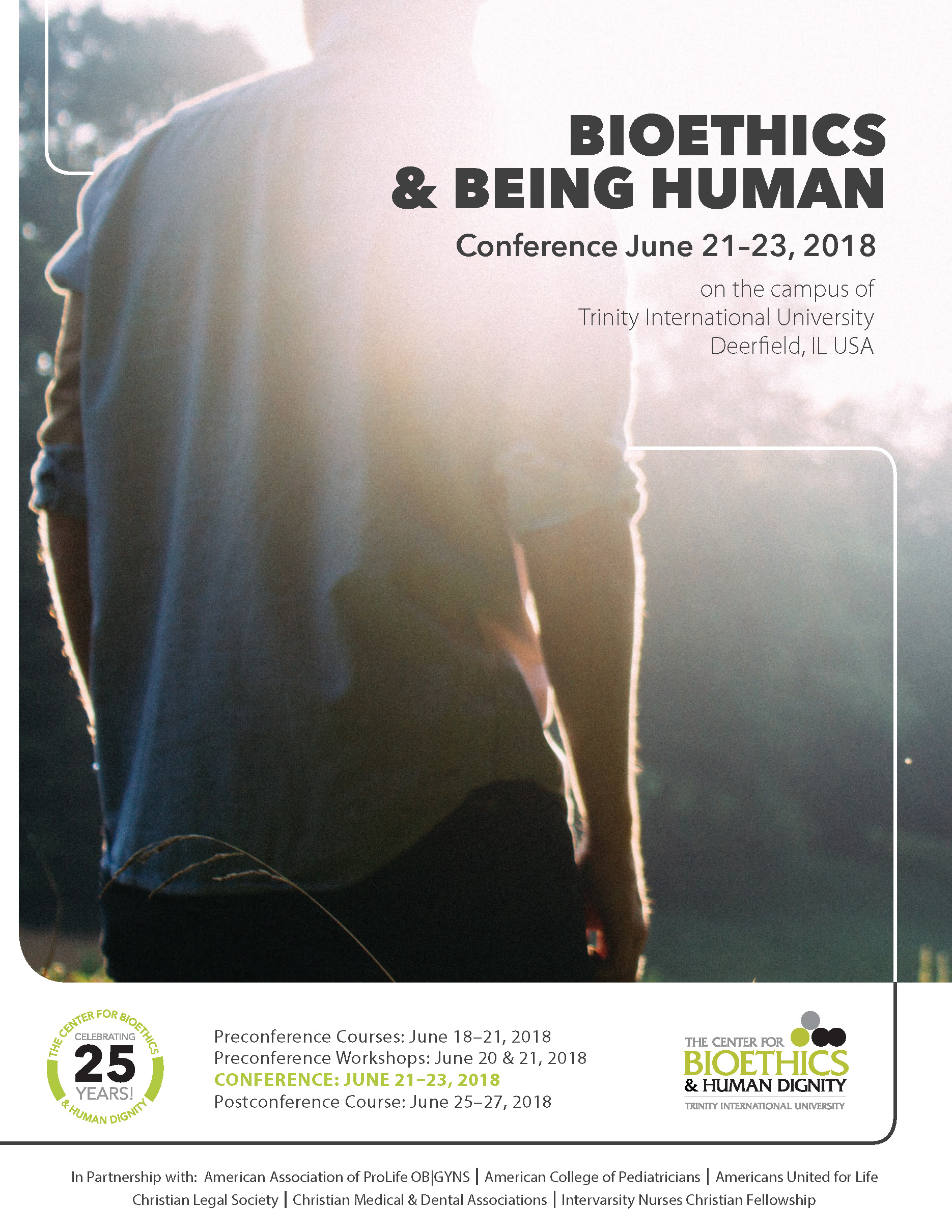
The fast pace of consumer-based medicine often requires that decisions with ethical reverberations be made at a rapid-fire pace. A referral to counsel with a mental health professional (MHP) or chaplain is a common route to provide patients an extended forum to reflect on priorities, process limits, assess value trajectories, and chart a way forward. In our pluralistic culture and professional climate, how well are counselors positioned to host conversations that earnestly examine the depth of the human heart and the boundaries of humanity? The American Counseling Association introduced significant ethical code revisions that are now standard practice for those who counsel under a professional license (e.g., no value-based referrals, no right of conscience, client autonomy as absolute, counselor worldview as a personal value, etc.). Ethical “bracketing” (EB) is the counseling profession’s preferred strategy to address value conflicts arising within therapeutic relationships. The needs and values of the client are granted primacy and the counselor is to place personal values, including those stemming from religious convictions, deliberately on hold. It is significant that controversial legal cases, involving counselors with Christian faith convictions who pleaded a right to conscience, were highly influential in prompting the revision of these professional ethical mandates. Considerable theological wisdom and prudence is needed to respond to the new face of pluralism, multiculturalism, and professional-guild ethical activism. This requires deep reflection on themes such as vocation (calling), principled pluralism (embracing others for the common good from one’s faith identity), contextualization (offering services that acknowledge worldview traditions and communities), and Christian imagination (locating kingdom meaning while pursuing Spirit-infused wisdom). Worldview assumptions regarding what it means to be human are embedded in the extreme elevation of patient autonomy as well as in the confidence that moral clarity can be achieved without the promotion of authentic, mutual dialogue. This workshop explores these complex assumptions. It will conclude with considerations for clinicians and chaplains on potential ways to create conditions where patient counseling can ponder a holistic Christian theological portrayal of the human heart and what it means to be created in the image of God. First, it is plausible to offer counseling that has a transparent contextual surround (i.e., church-based counseling centers). Second, Christian MHPs need challenge to cultivate a deep sense of civic virtue, hospitality, and commitment to the “Golden Rule” as a means to model honest religious pluralism. This requires that chaplains, pastors, and MHPs expand our skills to apply EB and embrace client autonomy. Third, clinicians would do well to engage professional guilds to recognize clinician worldview diversity, particularly in terms of thick cultural and religious commitments. Fourth, it is time to pioneer methods to legitimize practices that, in the interest of veracity, allow clinicians to make transparent statements in biographies and in informed consent documentation regarding worldview convictions.